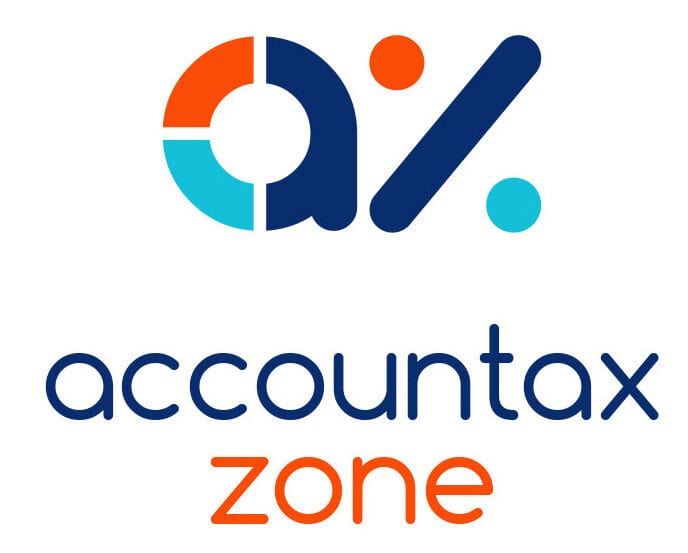Recruitment agencies often use umbrella companies to pay temporary workers. HMRC confirms that there is no statutory definition of an umbrella company and currently describes it as ‘a company that employs temporary workers who work for different end clients’, where ‘the umbrella will enter into a contract with a recruitment agency that will source work from end clients’. (Tackling non-compliance in the umbrella company market – Consultation).
In effect, umbrella companies act as middlemen employing individuals temporarily who agree to provide their services to end users. Following the clampdown on the use of personal service companies under IR35, the number of umbrella companies has increased. By having an umbrella company which employs the individual and accounts for income tax and National Insurance contributions, IR35 is effectively no longer relevant.
The supply chain works by the client who needs a temporary worker contacting a recruitment agency to find that worker. The recruitment agency pays the umbrella company the assignment rate and the umbrella company employs the worker paying earnings through PAYE, making deductions for the umbrella company’s overheads such as:
- its administration fee (called ‘a margin’)
- an amount to meet their employer’s NIC
- holiday payments
- allowable expenses
- other amounts to cover other specific costs, e.g. apprenticeship levy.
The remainder of the payment is paid to the worker as gross pay, subject to PAYE.
You may also like to read: PAYE settlement agreements – What are they and how do you set one up?
Tax avoidance arrangements, known as disguised remuneration schemes by HMRC, invariably involve an umbrella company making some or all of an individual’s pay in the form of a loan, salary advance, grant, annuity or any other payment, telling the individual that the loan, etc is non-repayable and non-taxable when in reality it is. The worker may be asked to sign an employment contract with the umbrella company and a separate agreement. The agreement document will often be a confirmation that the worker agrees to a loan from the umbrella company or maybe another agreement that attempts to disguise some payments as non-taxable. Many workers have limited choice over whether to contract with an umbrella company, or the specific umbrella company to contract with.
The lack of a clear definition of an umbrella company has led to accusations that such companies take advantage of the uncertainty, denying employment rights and using the format to reduce income tax and NIC. HMRC has also found that both the employment allowance and VAT flat rate scheme are targeted by some umbrella companies who abuse both schemes to benefit from lower levels of employer NICs and VAT respectively (where VAT is charged to their customers as usual but a flat rate of VAT is applied to their gross turnover to calculate the VAT due to HMRC).
HMRC is aware of some umbrella companies charging the worker for their services (including processing pay) and/or directing workers to use umbrella companies in which they hold an interest. Following recognition of an increased number of such schemes, HMRC has set up a special department to investigate such practices and recently undertook a consultation on ‘Tackling non-compliance in the umbrella company market’, consulting with interested parties and confirming HMRC’s intention that there be a definition of umbrella companies, regulation of workers’ employment rights, confirming minimum legislative requirements for compliance by umbrella companies and giving HMRC the power to collect an umbrella tax debt from another business in the supply chain (e.g. the initial client or possibly the employment agency).
Practical point
One of the best ways to tell if an umbrella company is compliant with both tax law and employment rights law is to look to see whether the company has accreditation with FCSA (Freelance & Contractor Services Association) or APSCo.
Partner note:
Tackling non-compliance in the umbrella company market – Consultation










